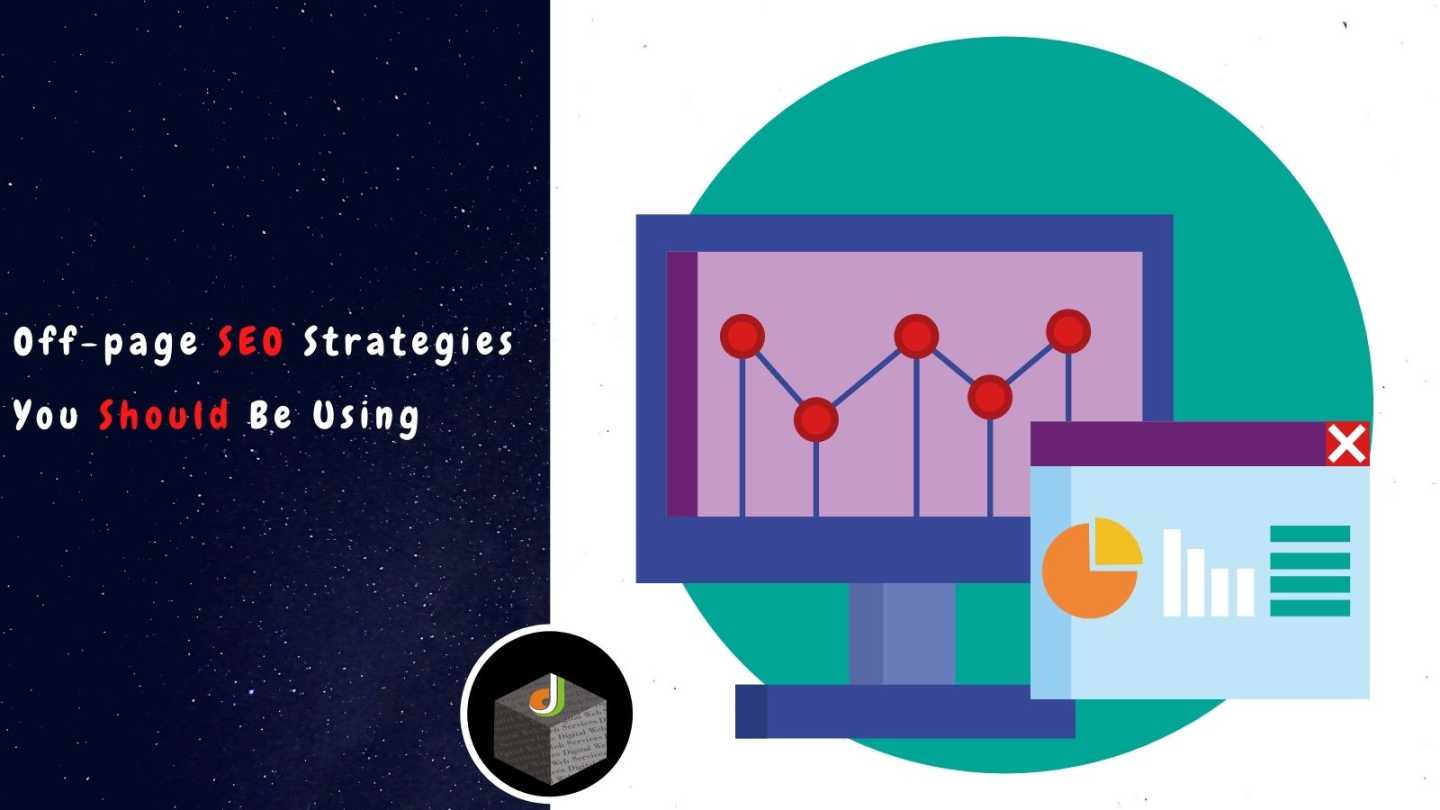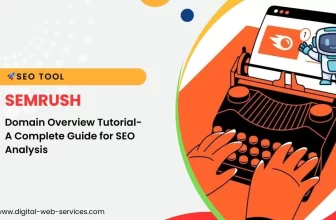
Are you looking for an effective long-term strategy that will see your website attract increased attention online? Well, you probably know that the answer to your quest is the term ‘SEO’ — but do you know what that actually means?
SEO, or search engine marketing, is a comprehensive marketing strategy that looks to improve your online search results through a combination of on-page and off-page activities. Still confused? Never fear; read on to discover the difference between the two and how an SEO company in Melbourne can do the hard yards for you when it comes to off-page SEO strategies that you should be using.
Types of SEO
Broadly speaking, SEO activities can be broken up into three categories: on-page, off-page, and technical.
With the goal of SEO being to boost your presence in search engine results, it’s important that you attack your task from all angles. This includes making changes to your website, as well as spreading word of your products and services through external avenues.
On-page SEO
As the name suggests, on-page SEO refers to the practice of optimising web page content for both search engines and users.
This typically involves optimising title tags, content, internal links, and URLs.
One of the most important aspects of on-page SEO is creating quality, keyword-rich content that is original and engaging to human readers.
On-page SEO also involves ensuring that all of your links are accessible to both humans and search engines and none are broken — that is to say, directs to pages that no longer exist.
Including alt-text assists both search engines and human readers (particularly those with a disability) gain a better understanding of the image content on a web page and is an important aspect of on-page SEO.
Finally, making correct use of title tags, meta descriptions, and URL structures makes it easy for search engines to crawl your site and gain a proper understanding of your products and services.
Off-page SEO
We’ll go into the finer details of off-page SEO in a little more detail shortly, but generally speaking, off-page SEO refers to actions taken outside of your own webpage that are designed to improve your search engine ranking results.
It’s often referred to as ‘link building’.
Technical SEO
Technical SEO is closely related to on-page activities, but more specifically refers to the technical performance of a web page. Factors such as website speed, structure, and user experience play a large role in technical SEO rankings.
Google crawls the backend of web pages — HTML, CSS, and Javascript — to gain a better idea of what the website contains. As an SEO expert, it is not necessary for you to also possess strong coding skills. However, understanding how websites work can assist you gain a better insight into the mind of a search engine.
Search engines rely on something known as ‘schema markup’ to understand a website. Schema can be thought of as an organisational ‘code’ that relays written information to search engines in a format they can understand.
Canonical tags can also be used to great effect as a technical SEO strategy. A canonical tag is a piece of HTML code that refers a search engine to a master copy of a page, telling the engine which version of a URL you wish to appear in the ranking pages.
Off-page Explained
Off-page SEO activities are designed to improve the relevance, trustworthiness, and authority of your website. These three factors are very important to Google and other search engines — the more relevant and trustworthy they believe your page is, the more likely they are to rank you highly in search engine results.
But how do you tell a search engine that your page is what web browsers are looking for? Fortunately, there’s a few simple ways.
‘Backlinks’ is the buzzword for off-page SEO activities. Backlinks — when your website is linked on another — tells search engines that your content is relevant and being shared. There are three main types of links:
- Natural links
- Manually built links
- Self-created links
Natural links occur when a website links to your page without you even asking. Unfortunately, this is very hard to come by for most businesses, unless you already have a significant pre-existing online presence.
Manually built links involve you reaching out to other websites, asking them to feature your content on their webpage and share your links.
The third type of links are those that are self-created. Self-created links involve backlinking to your website on forums, online directories, and blog comments.
Beyond backlinking, there are a few different off-page SEO strategies that have previously proved to be effective. Social media marketing, guest blogging, and influencer marketing can all be used to improve your website’s search engine results and increase customer engagement.
SEO — a Job Best Left To The Professionals
SEO is a combination of science and art. It takes in-depth technical knowledge as well as a healthy dose of creativity to improve your online rankings. And the most important factor? Time.
That’s why you should be wary of trying to employ SEO tactics yourself and steer clear of any SEO company that promises quick results. Rather, search for SEO services in Australia that have proven results and can clearly explain the thinking behind their strategies.
Off-page SEO strategies can be incredibly effective — if implemented in the right manner. Next time you are looking for an SEO company in Melbourne, ask about their on-page, off-page, and technical SEO strategies and make sure they have a comprehensive plan that will produce real results.
Digital Web Services (DWS) is a leading IT company specializing in Software Development, Web Application Development, Website Designing, and Digital Marketing. Here are providing all kinds of services and solutions for the digital transformation of any business and website.










